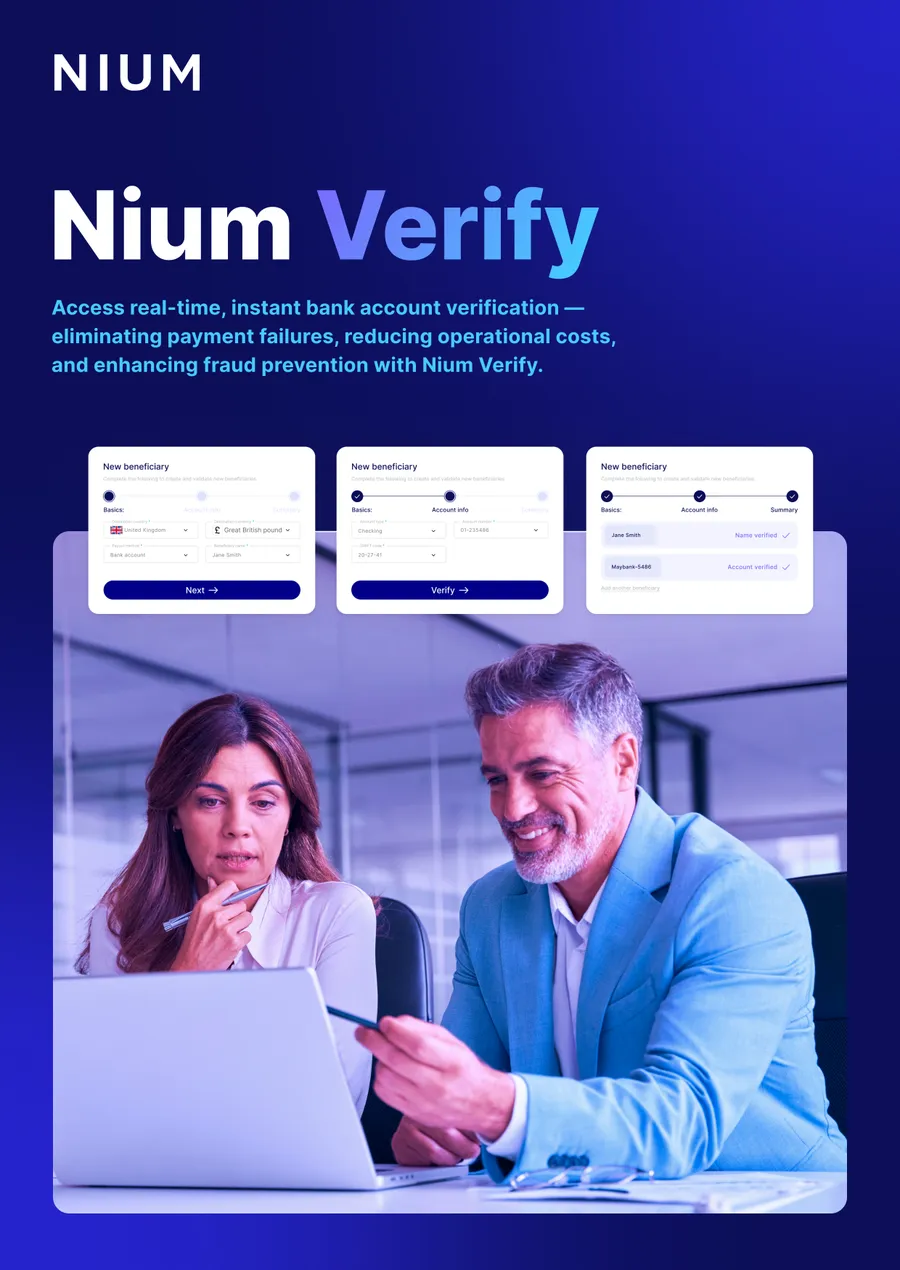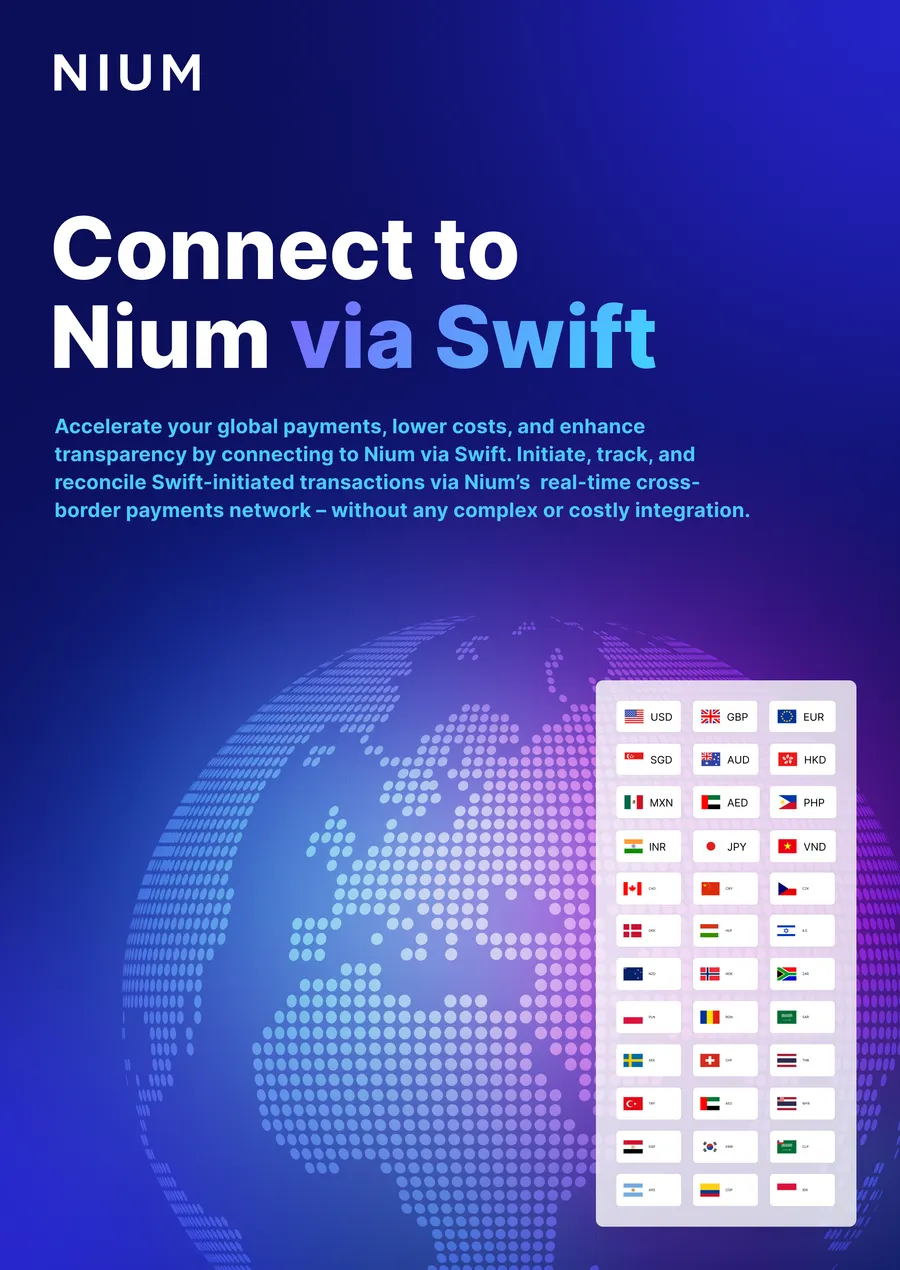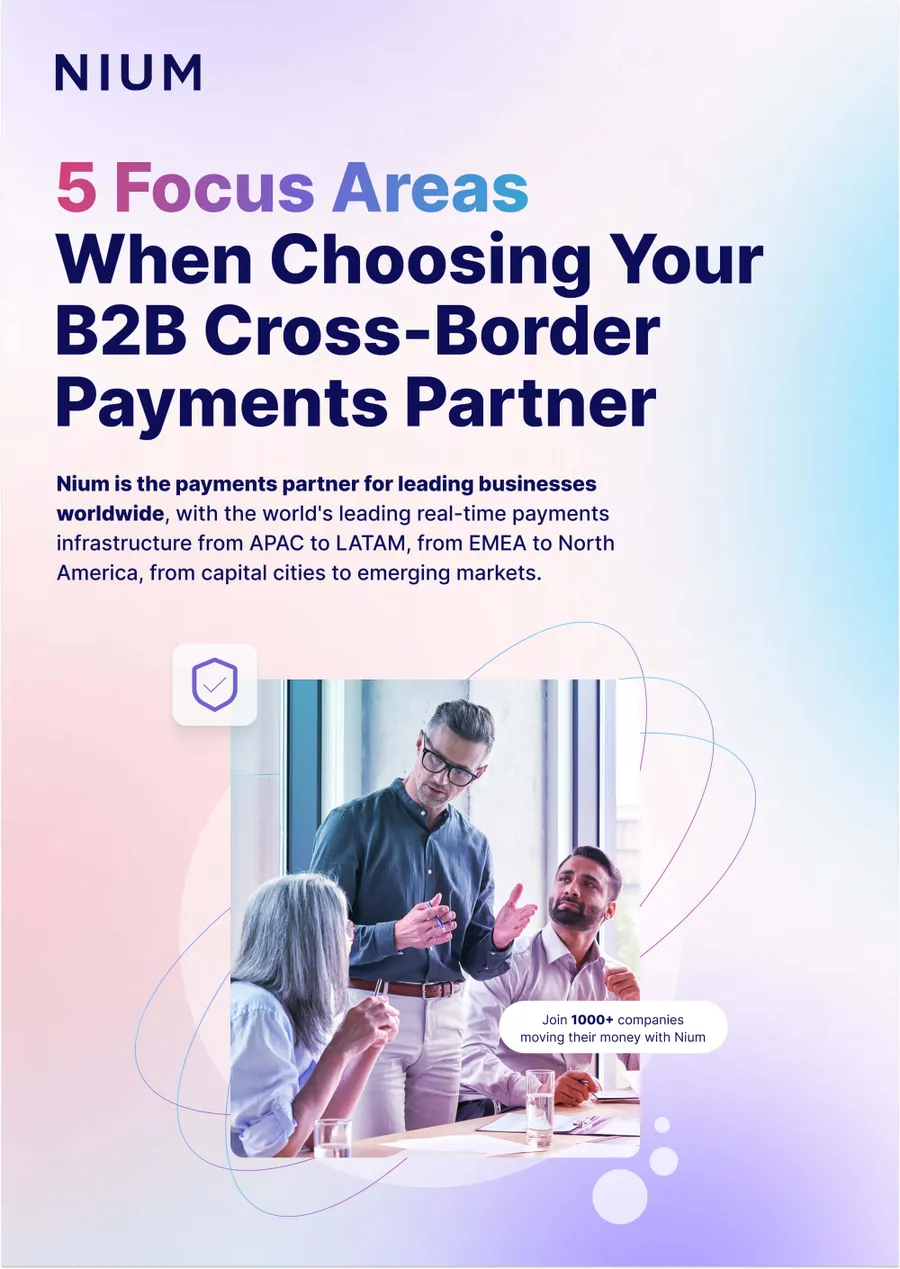Published Aug 24, 2020
Picture this: a beautiful, cosy house, in a great neighbourhood — trimmed lawns, neighbours that mind their business, peace and quiet, but no roofing above the house. Sounds absurd, right? Now imagine again: an active, global-reaching marketplace with quality sellers and buyers, but no inclusive, accessible or reliable payout options. Sounds absurd as well, right?
In 2020, online marketplace customers, especially those on the payout receiving end, i.e. the sellers, freelancers, tutors, course content creators, still have significant difficulties receiving their payouts on time and without hassle.
This problem is felt acutely by the sellers and creators who work from emerging markets. When it comes to participating fully in the global gig economy, these workers face the most problems getting paid.
Regardless of the kind of marketplace platform you review, whether Airbnb for rental hosts, Upwork for freelancers, or Coursera for online tutors, payments remains one of the most problematic issues when it comes to customer satisfaction.
As useful as online marketplaces are, in that they provide valuable products and services that people need all over the world, these platforms are not financial institutions or banks.
They do not have the regulatory authority to push payments across borders which would involve advanced foreign exchange requirements and incur significant financial risk, including the security of users’ bank information and navigating regulations and compliance in various countries.
As a marketplace scales to its first thousands of users, especially when these users come from more than one country using more than one currency, implementing proper, widely available payment methods becomes paramount to the success of the platform.
For marketplaces to be effective and focus on their core offering of connecting buyers and sellers harmoniously, they would need to partner with Payments Service Providers (PSPs) to leverage their existing payment infrastructure to tailor payouts to their customers’ needs.
Doing this improves customer experience and loyalty for both the buyer and the seller sides of the market. A marketplace that attempts to handle payments themselves may be spread too thin, and have to divert resources and personnel from their core offering to build a robust payment processing system which must be maintained to cater to their users and customers.
How do the underserved customers handle payments now?
Now, most of the sellers and buyers from underserved markets take on the responsibility to figure out how to send to or receive payments from online marketplaces themselves. In some cases, they can search for and pay acquaintances who live in payment-accessible countries to remit their earnings.
This is similar to the old trade-by-barter system, where one person exchanges what they have for what they need. And just like in the old days, it is not an optimal method of handling business.
So how can marketplaces solve this challenge of payouts to customers who aren’t currently being served?
The obvious solution is for marketplaces to roll out new payment options or optimize existing ones to enable recipients from all parts of the world to receive money in convenient ways.
By partnering with existing cross-border payment options, marketplaces can exponentially improve the experience of using their platform, while cutting costs and maintaining focus on providing value through their core offering.
PSPs specialize in building customizable payment infrastructure for marketplaces in exchange for a service fee. This means that PSPs can offer a lot of value by tailoring each marketplace’s payout options to their target markets and the regions they operate in.
These PSPs are already built with advanced foreign exchange capabilities and licenses in various locations to operate in the countries the marketplaces can’t reach on their own.
Other benefits of leveraging PSPs like Nium
Nium simplifies the payout process to sellers in 90+ countries, making it possible to disburse funds to clients via whatever payment method the recipient chooses, whether card, bank account, or in-store cash. Sellers can thus forecast their earnings and plan their business better, which in turn, profits the marketplaces.
Nium’s NiumPay solution ensures timely payouts with 24/7 payment processing. Whether it’s a weekday or a weekend, Nium’s partner marketplaces are able to pay their users and customers without issues. This seamless experience makes both sides of the marketplace satisfied and more likely to remain loyal.
Most important to any marketplace, especially now with the uncertainty of the coronavirus health crisis hanging overhead, partnering with PSPs like Nium slashes substantial costs. It reduces the burden of country-specific compliance, currency conversions, and storing individual banking information. Nium protects its partner marketplaces by handling these with best-in-class security and end-to-end encryption.
The future is digital and online marketplaces partnering with reliable PSPs like Nium attract more global customers with payment methods that cater to their needs.


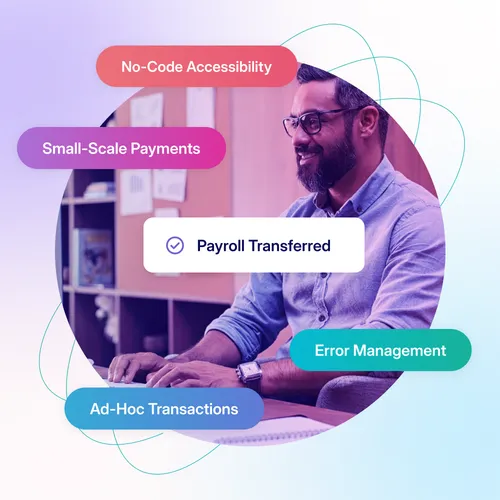
.png@webp)


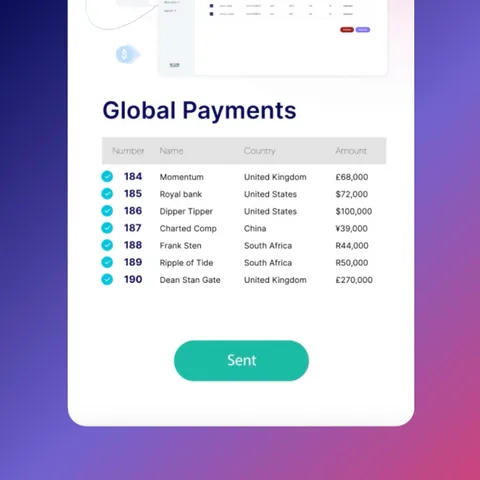
.png@webp)
.png@webp)

